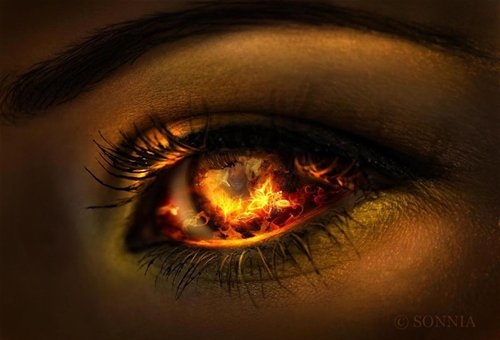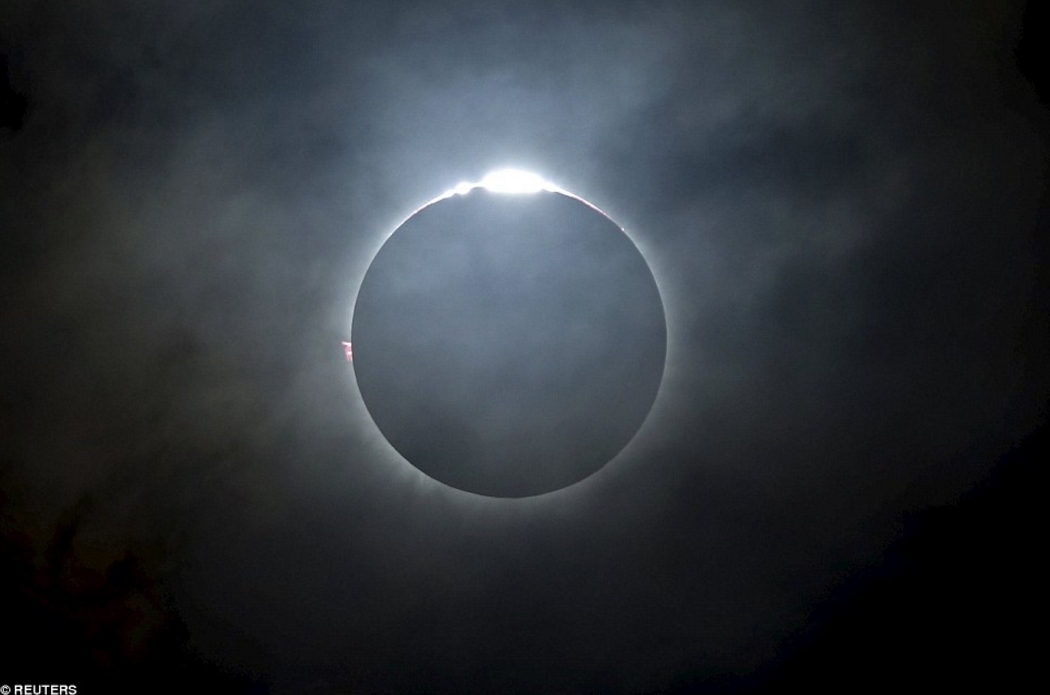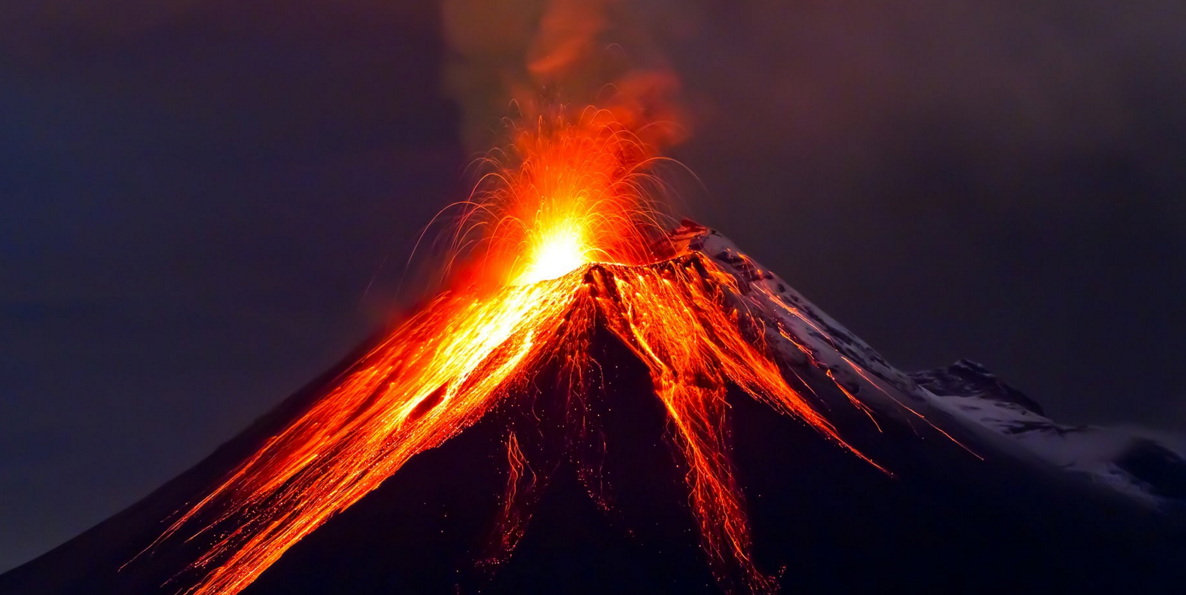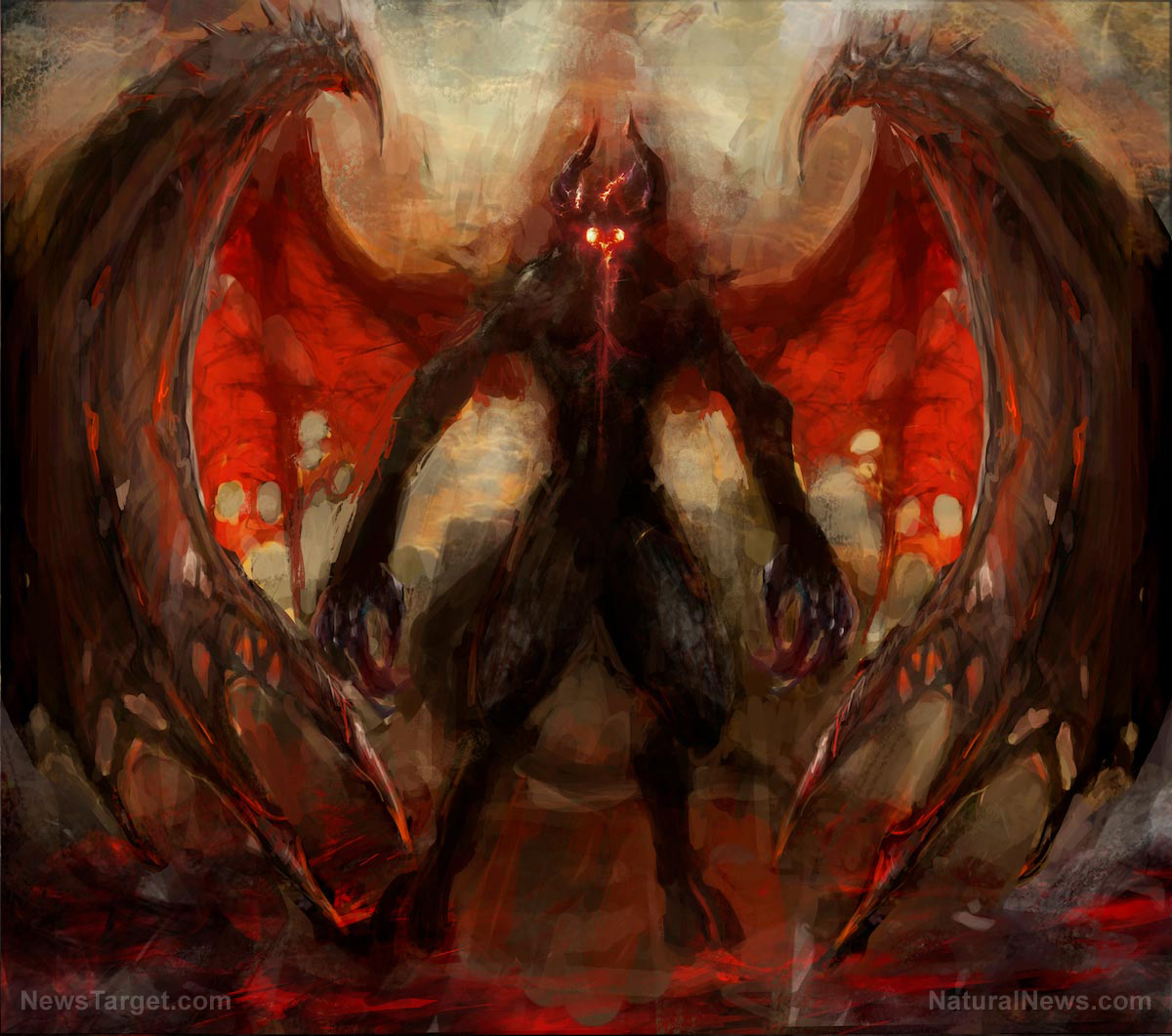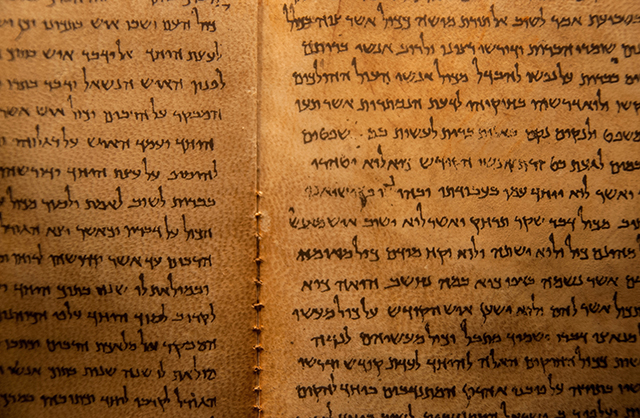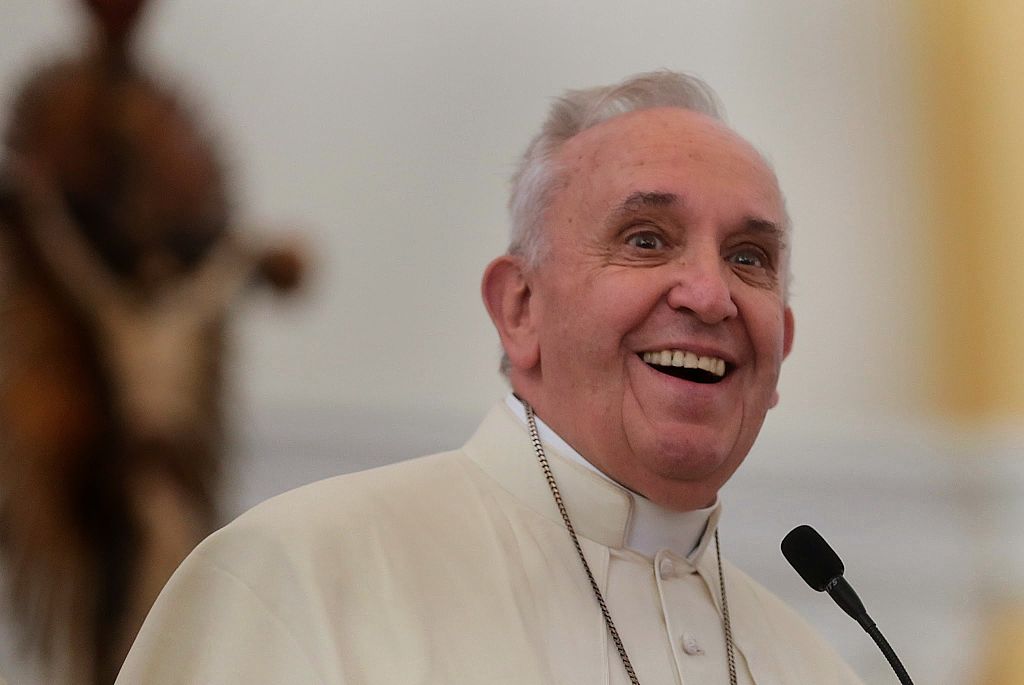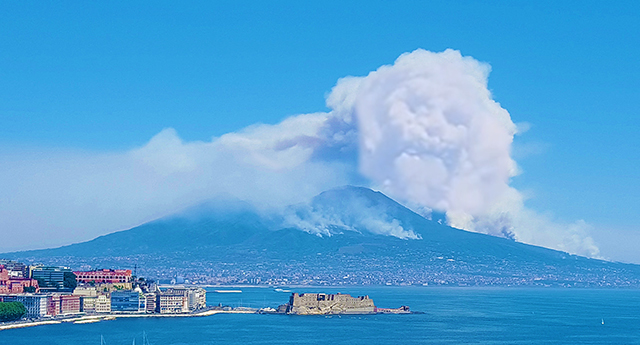In the video, a man can be heard stating, “We are teaching her a lesson. It is an example to the other peoples. We do justice for the people, burn the witches.”
The woman reportedly burned for three days. “When we went to examine the corpse, we couldn’t find anything; everything was ash,” Carlos Pérez, an official with the police station in Puerto Bermúdez, Oxapampa, Pasco region, told Agence France-Presse. Pasco lies at the heart of the country, in its woodland center.
Hugo Mauricio, the prosecutor in charge of investigating the case, says police will continue to investigate but that these cases are not uncommon among the tribes, who live far from police centers and often impose their own tribal law. His district is home to a diverse population of 300 indigenous tribes that differ in language and custom.
While the case appears to be an isolated one, UN human rights advocates have warned for months that the persecution of women for accusations of witchcraft is a global problem, common to a variety of cultures, many of which have had no contact with each other. “The persecution and killing of individuals accused of practicing so-called ‘witchcraft’ – the vast majority of whom are women and children – is a significant phenomenon in many parts of the world,” Philip Alston, the special rapporteur on extrajudicial, summary, or arbitrary executions, said during the release of a UN report on persecution of witches in 2015.
“This is becoming an international problem – it is a form of persecution and violence that is spreading around the globe,” added UNHCR’s Jeff Crisp.
Latin America outside of Peru has seen such cases, for example, the execution of a Paraguayan woman in 2014 accused of witchcraft, who was shot with arrows before her immolation.
Across the Atlantic, on the African continent, mob killings of “witches” are not uncommon. In Malawi, the burning of individuals accused of witchcraft has been a persistent law enforcement struggle. In Malawi and neighboring Tanzania, however, it is important to note that the actual practice of witchcraft has led to years of violence against albino people – those born lacking melanin – who are considered magical and killed or have limbs hacked off to be used in potions. Tanzania has passed a law making witchcraft illegal.
In the Middle East, the Islamic State terrorist group has made “witchcraft” a haramactivity and published gruesome videos depicting the execution of those accused. As the jihadi group applies sharia law in a manner that defines “witchcraft” loosely, many “witchcraft” accusations are accepted with little evidence or description of the type of spiritual activity deemed offensive.
Further east, in India, the persecution of women on charges of witchcraft are a common trigger for mob violence. “As per information provided by the NCRB [National Crime Records Bureau], a total of 26, 54 and 47 cases were reported under murder for witchcraft in Jharkhand [an Indian region] during 2012, 2013 and 2014 respectively,” Minister of State for Home Haribhai Parathibhai Chaudhary reported in March, representing a total of 127 women.

